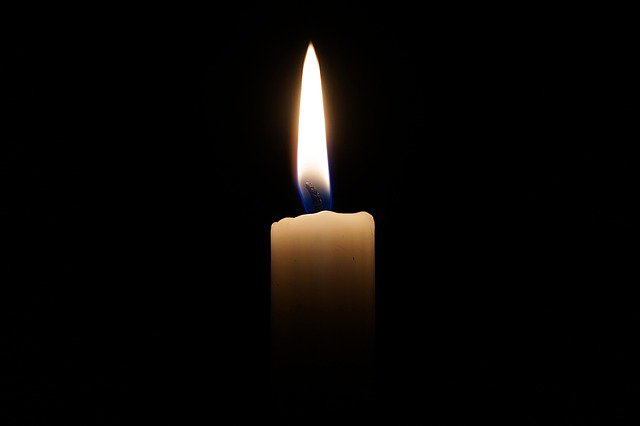Analysis: Closure of huge storage plant, misplaced optimism in fracking and demise of North Sea gas have all played a part
In the midst of a global energy crisis Europe is preparing to enter the winter with its lowest reserves of gas in at least 10 years. For the UK, which has some of the continent’s lowest gas storage capacity, the drawing in of colder months has left households even more vulnerable to the risk of shortages.
The UK’s stores hold enough gas to meet the demand of four to five winter days, or just 1% of Europe’s total available storage. The Netherlands has capacity more than nine times the UK’s, while Germany’s is 16 times the size.
Britain’s continental neighbours also have lower gas market prices. However, according to the business secretary, Kwasi Kwarteng, any connection drawn between soaring prices and meagre storage levels is a “red herring”.
“There’s no way that any storage in the world will mitigate a quadrupling of the gas price in four months, as we’ve seen,” he told MPs this week. “The answer to this is getting more diverse sources of supply, more diverse sources of electricity, through non-carbon sources.”
Few would disagree that a lower reliance on gas would safeguard the UK against global market spikes. But many fear the UK’s low storage levels have left it exposed to higher prices and the risk of shortages this winter.
The Labour MP Stephanie Peacock accused the government of leaving the UK “vulnerable” to crisis and called on Kwarteng to admit that the closure of the country’s main gas storage site off the east coast four years ago was “a mistake”.
The Rough storage facility, owned by Centrica, the parent company of British Gas, provided 70% of the UK gas storage capacity for more than 30 years before it shut in 2017 following a government decision not to subsidise the costly maintenance and upgrades needed to keep the site going.
For decades the UK had been able to avoid investment in costly storage in favour of tapping its domestic North Sea reserves for gas on demand. So why did the UK believe it could continue to do without even as those reserves declined?
In 2013, the then energy minister Michael Fallon said the decision to allow Rough to close would save the UK £750m over 10 years. Instead, a diverse range of energy sources would ensure the public received “reliable supplies of electricity and gas at minimum cost”.
Read more: The Guardian




